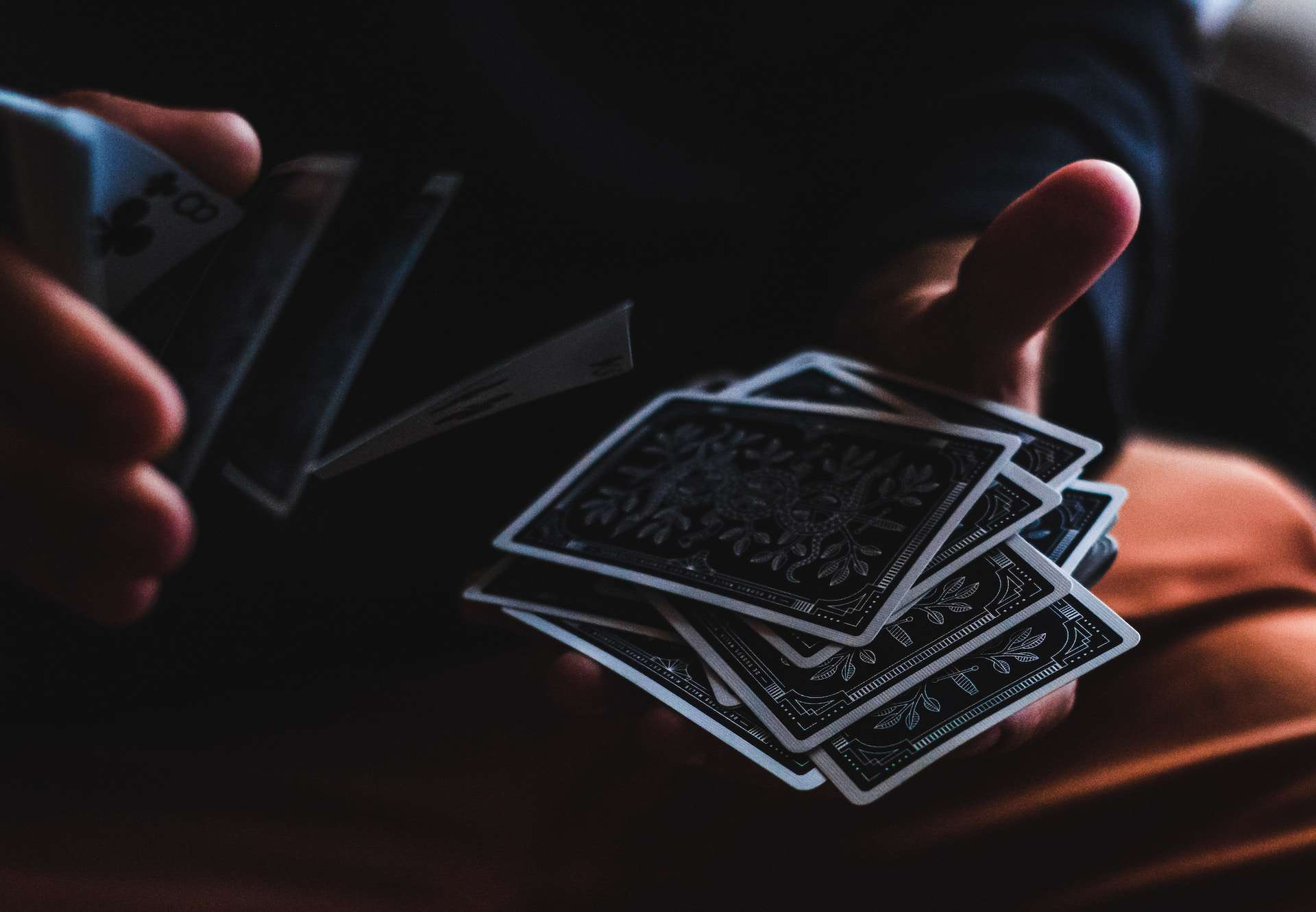Ever wondered why some players seem so confident at the gaming table, convinced they have the next move all figured out, while the outcomes often tell a different story? Isn’t it curious how we often believe we can influence a game’s outcome just by sheer will or perceived skill? Dive into the realm of perception versus reality and explore the intriguing illusion of control in the gaming world.
Understanding the Illusion of Control
The illusion of control is a cognitive bias where individuals believe they have more influence over outcomes than they actually do. It’s like believing you can control the weather by dancing, except in the context of games, it’s believing your unique dice-throwing technique influences the number you roll.
For instance, consider a game like a baccarat casino. The way a player cuts the deck or the intensity with which they stare down their cards can’t influence the game’s outcome. But the belief? Oh, it’s strong and tantalizing.
Origins of the Illusion
- Skill-Based Assumption: Games often blend elements of skill and chance. A player’s perception tends to overemphasize the skill aspect, thinking that honing their strategy would lead to better results. The reality? While skill might help in some games, others, like slots or lottery, are pure games of chance.
- Personal Rituals: Ever noticed players wearing a ‘lucky’ charm or following a particular ritual before they play? These personal rituals can give a false sense of control.
- Near Misses: Almost winning can sometimes be more enticing than winning itself. Players might think, “I was so close! Maybe next time.” This belief reinforces the idea that they’re doing something right and just need a minor tweak to secure the win.
The Reality of Game Probability
Games, especially those in casinos, are built on math and probabilities. Every card game, dice roll, or slot spin follows the laws of probability. While a player may believe they’ve found a pattern or a way to predict the outcome, it’s usually just randomness in play. This isn’t to deflate the excitement of games but to shed light on the fact that the house often has the edge.
Take a coin toss. Regardless of how many times it lands heads, the probability of it landing tails the next time remains 50%. Similarly, in casino games, past outcomes don’t influence future ones.
The Balanced Approach
Understanding the difference between perception and reality can lead to a more enjoyable gaming experience. Here’s how:
- Educate Yourself: Before diving into a game, understand its rules and the odds. It’s okay to trust your gut feeling but be aware of the mathematical realities.
- Enjoy the Journey: Games are meant for entertainment. So, revel in the highs, learn from the lows, and remember that every game is a new opportunity.
- Stay Grounded: The occasional win can give a euphoric feeling, which is fantastic! But remember that games of chance are unpredictable. It’s essential to play responsibly.
Conclusion
Games tug at the heartstrings of hope and excitement, often blurring the lines between perception and reality. While the illusion of control can add a layer of thrill, understanding the role of probability can keep one grounded. After all, isn’t the unpredictability part of the fun?
So, the next time you’re at a gaming table or deciding on a strategy, ask yourself: is it the illusion of control guiding your moves, or are you playing with a balanced awareness of probability? Whatever the answer, may the odds be ever in your favor.
